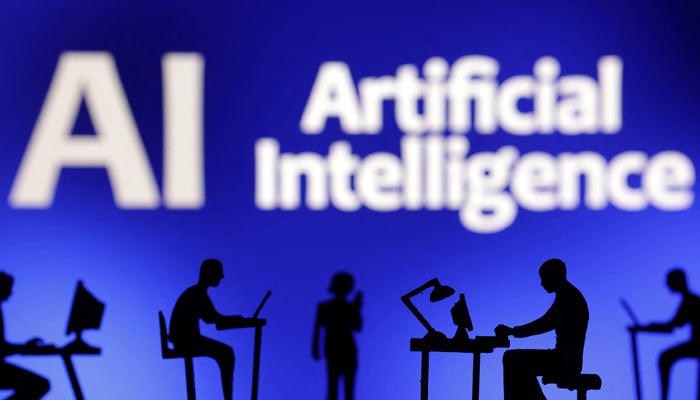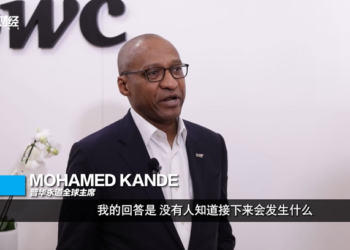Select Language:
The Sindh government has introduced Pakistan’s first AI-powered online training initiative for teachers, aimed at helping educators adopt more modern, efficient teaching methods. To formalize this effort, the School Education & Literacy Department (SELD), UNICEF, and Khan Academy Pakistan signed an MoU during a ceremony in Karachi, attended by Sindh’s Education Minister Syed Sardar Ali Shah as the keynote speaker.
Key officials present included School Education Secretary Zahid Ali Abbasi, Chief Curriculum Advisor Dr. Fouzia Khan, UNICEF Sindh Education Manager Abeer Maqbool, UNICEF Sindh Chief Field Officer Prem Bahadur Chand, Khan Academy Pakistan CEO Zeeshan Hasan, along with board members Amin Hashwani and Naeem Zamindar, Deputy Director Atif Vighio, and other officials. Over six months, the pilot will train 3,500 teachers from districts including Dadu, Tando Allahyar, Tharparkar, and Umerkot. UNICEF will provide funding and maintain international standards, while Khan Academy Pakistan will handle the training and technical support.
Central to this program is Khanmigo AI, Khan Academy’s intelligent assistant designed to aid teachers in lesson planning, developing learning resources, and engaging students. Training will be delivered through live online sessions and self-guided modules.
Officials believe this initiative will elevate teaching quality and strengthen institutions throughout Sindh. In his remarks, Minister Shah expressed optimism about the effectiveness of AI-based training: “The Sindh Government is dedicated to innovation and excellence in education. By utilizing cutting-edge technology, our teachers will enter classrooms with increased confidence. This project will also give students in remote parts access to world-class education. We see this as a model for the province that can transform Pakistan’s educational landscape.”
Zeeshan Hasan highlighted that Khanmigo AI will streamline teachers’ work, foster creativity, and enhance student participation. Maqbool emphasized that the goal is to ensure every child receives quality, inclusive, and effective education through AI.
Board member Hashwani described the partnership as an exemplary collaboration between government agencies, international partners, and local institutions. Zamindar added, “Education is the most powerful catalyst for national transformation. This initiative will equip students with skills necessary for the 21st century.”
During a briefing with UNICEF and Khan Academy representatives, Sardar Shah learned that teachers would be trained to align closely with textbooks and classroom activities. The AI tool can instantly generate tailored lesson plans, questions, and activities, significantly reducing prep time. It can also produce high-quality resources like worksheets, quizzes, and presentations. Additionally, Khanmigo AI can suggest interactive teaching methods and activities to foster a more engaging classroom environment. Recognizing that students learn at different speeds, the AI will also offer tailored strategies and exercises to meet diverse learning needs.
The minister noted that this training would connect teachers with the latest global educational trends, enabling Sindh’s students to benefit from internationally recognized standards. Mastering such technology is expected to boost teachers’ confidence, improve classroom delivery, and support their professional development. Once completed, teachers will receive official certification for their efforts.
At the event’s close, Minister Shah reaffirmed the Sindh Government’s full backing of the MoU, endorsing the initiative as a historic step toward revolutionizing education in Pakistan. The pilot project aims to serve as a foundation for broader, province-wide AI-enabled teacher training, marking a significant milestone in the country’s educational evolution.







